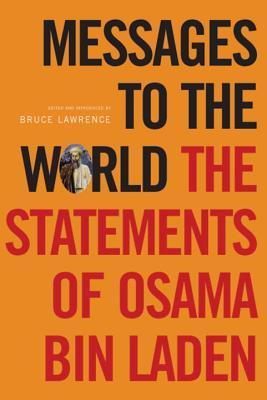What do you think?
Rate this book


320 pages, Paperback
First published November 28, 2005
“Bin Laden’s own fate remains uncertain. Unless he dies a natural death in hiding, it seems inevitable that sooner or later his hunter will catch him. If captured alive, he will doubtless be killed on the spot, as Che Guevara was forty years ago. His captors will know that it would be useless to torture him for information, as they have his lieutenants; while to put him on trial would risk huge embarrassment for those attempting to judge him, given his powers of eloquence and their own record. He is not troubled by the predictability of this end:
So let me be a martyr,
dwelling in a high mountain pass
among a band of knights who,
united in devotion to God,
descend to face armies.”